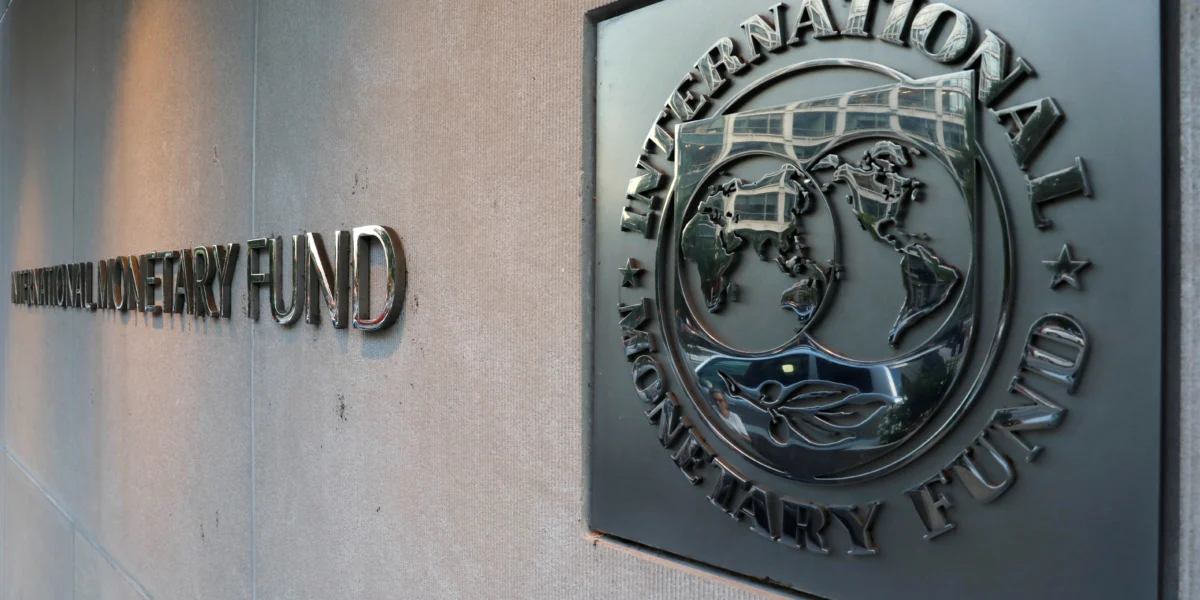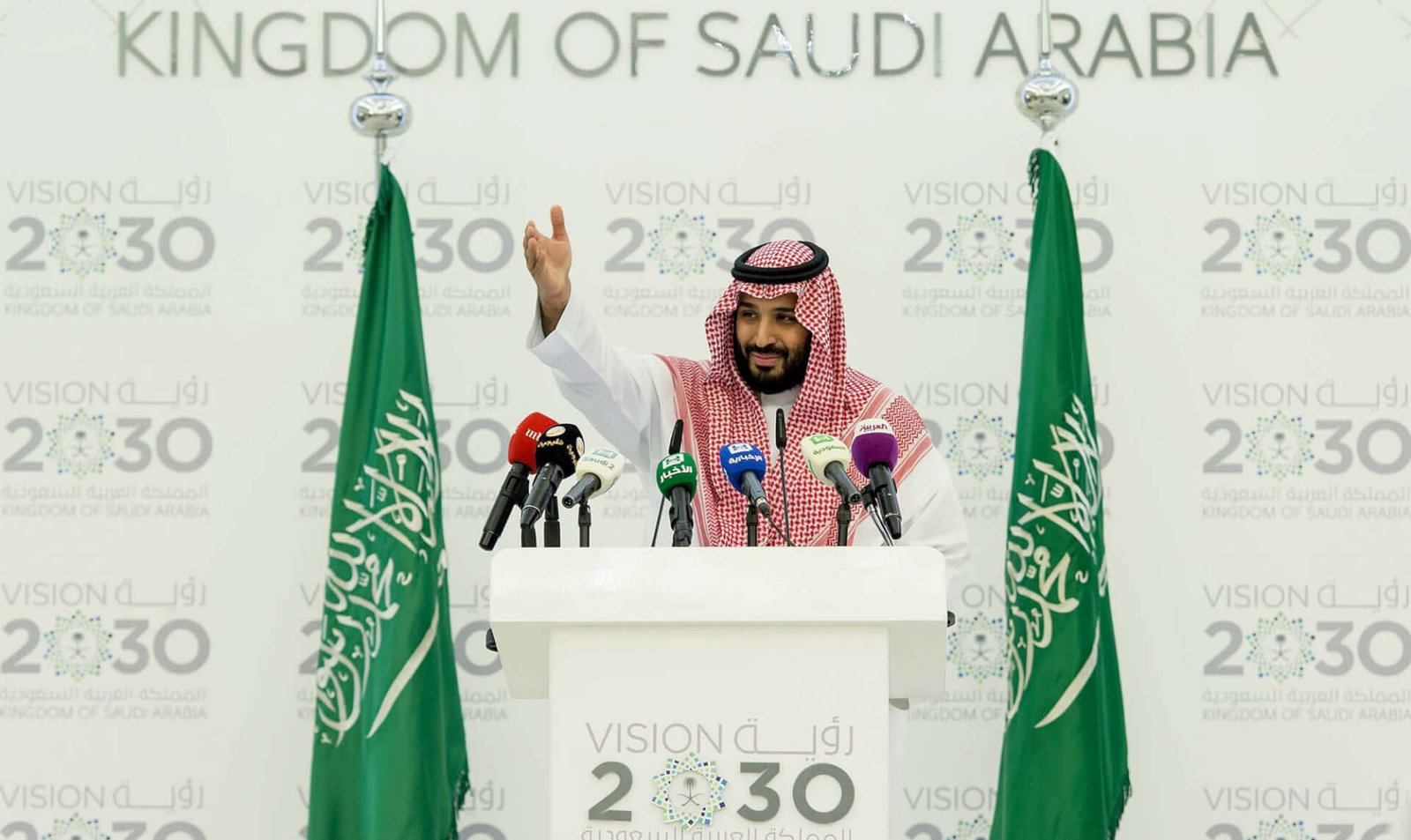Amid the possibility of requesting augmentation of the IMF programme with the help of climate finance, Pakistan is all set to showcase its commitment to stick to the path of taking tough decisions for fully implementing the Fund-sponsored program under the $7 billion Extended Fund Facility (EFF).
Minister for Finance Mohammad Aurangzeb, along with a high-level official delegation, is currently visiting Washington D.C. to attend the ongoing annual meeting of Breton Wood Institutions (BWIs), known as the IMF and World Bank, from October 21 to 26, 2024.
Pakistani authorities are exploring the possibilities for increasing the size of the Extended Fund Facility (EFF) program $7 billion to $8.5 to $9 billion through climate finance known as Resilience and Sustainable Framework (RSF).
The Resilience and Sustainability Facility (RSF) provides affordable long-term financing to countries undertaking reforms to reduce risks to prospective balance of payments stability, including those related to climate change and pandemic preparedness.
The RSF provides longer-term financing to strengthen economic resilience and sustainability by (i) supporting policy reforms that reduce macro-critical risks associated with climate change and pandemic preparedness, and (ii) augmenting policy space and financial buffers to mitigate the risks arising from such longer-term structural challenges.
Pakistan has already adopted Climate-Public Investment Management Strategy (C-PIMA) recommendations. The Pak authorities hope to leverage the Fund program and their own reform agenda to mobilize sufficient climate financing to catalyze the adoption with the assistance of other development partners and MDBs.
Creation of the Climate Change Authority and preparation of the National Disaster Risk Financing Strategy and National Climate Finance Strategy are various components of the overall efforts by our authorities to re-orient policy formulation and firmly embed reforms to create a more integrated and resilient planning and management framework for climate.
According to the IMF, financing climate-related investments will be critical to our success in building climate resilience. The World Bank’s 2022 Country Climate and Development Report estimated Pakistan’s annual climate investment needs through 2030 at equivalent to 10.7 percent of GDP. To prioritise mobilization, Pakistan recently established a Climate Finance Wing at the Ministry of Climate Change, and are working with the World Bank to develop a National Climate Finance Strategy, and toward submitting for approval to the GCF board applications for accreditation of 3 national entities. Selected projects attracting climate finance will be planned, allocated (budgeted), and implemented under Pakistan’s standard public investment framework reflecting key principles outlined in the recent C-PIMA report.
Pakistan will establish a national digital dashboard for climate finance, to develop a pipeline of climate resilience projects in line with our priorities, by end-June 2025. We are also developing a green financing taxonomy, ESG reporting guidelines, and a green stress-testing framework to account for the impact of climate shocks on financial stability, which we anticipate completing this process by June 2026.
For mitigation and transition management, Pakistan is an active party to the Paris Agreement of the United Nations Framework Convention on Climate Change (UNFCCC) and related initiatives.
Key projects comprise our ambitious reforestation project (i.e., up-scaling Green Pakistan Program, of which over 2.1 billion trees have already been planted, with an estimated sequestering potential of 148.8 million tons of carbon through 2030), greening our energy mix, and policies aimed at inducing changes in relative prices to guide households and firms toward a more carbon-neutral economy. The latter includes initiatives such as adequately taxing fuel products and developing policy guidelines and a regulatory framework for a voluntary carbon trading system under the UNFCCC.
Greater adaptation investment requires greater fiscal space and enhanced climate financing. While Pakistan has significant climate investment needs, 10 even adaptation investment of 1 percent of GDP per year could be challenging despite efforts to raise tax revenues and improve fiscal performance. In this regard, ensuring space within the fiscal envelope and finalizing the National Climate Finance Strategy with the World Bank is crucial to mobilizing financing. The recent establishment of a Climate Finance Wing in the Ministry of Climate Change is welcome, as is the SBP’s development of tools to account for climate shocks on financial stability.
Read more: Pakistan’s power crisis: why only structural reforms can save the sector
Pakistan’s mitigation targets are ambitious. Under the UNFCCC framework, Pakistan’s Nationally Determined Contribution (NDC) includes conditional and unconditional target of overall 50 and 15 percent reduction, respectively, of its projected emissions by 2030. Envisioned policies include a reforestation project, gradual efforts to green Pakistan’s energy mix, and initial steps to adequately tax fuel products and develop a voluntary carbon trading system under the UNFCCC.
















